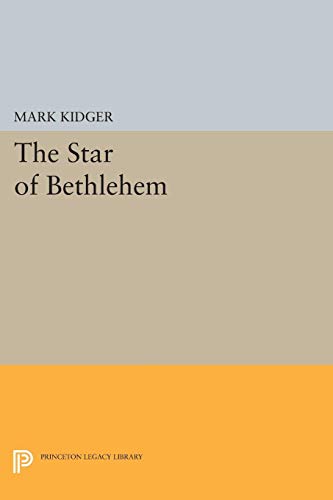
aka William Hardy McNeill was a historian and author, noted for his argument that contact and exchange among civilizations is what drives human history forward, first postulated in The Rise of the West (1963). He was the Robert A. Milikan Distinguished Service Professor Emeritus of History at the University of Chicago, where he taught from 1947 until his retirement in 1987. In addition to winning the U.S. National Book Award in History and Biography in 1964 for The Rise of the West, McNeill received several other awards and honors. In 1985 he served as president of the American Historical Association. In 1996, McNeill won the prestigious Erasmus Prize, which the Crown Prince of the Netherlands Willem-Alexander presented to him at Amsterdam's Royal Palace. In 1999, Modern Library named The Rise of the West of the 100 Best Nonfiction Books of the 20th century. In 2009, he won the National Humanities Medal. In February 2010, President Barack Obama, a former University of Chicago professor himself, awarded McNeill the National Humanities Medal to recognize "his exceptional talent as a teacher and scholar at the University of Chicago and as an author of more than 20 books, including The Rise of the West: A History of the Human Community (1963), which traces civilizations through 5,000 years of recorded history".
Series
Books

The Pursuit of Truth
A Historian's Memoir
2005

The Rise of the West
A History of the Human Community
1963

The Pursuit of Power
1982

Europe's Steppe Frontier, 1500-1800
1964

Keeping Together in Time
Dance and Drill in Human History
1995

A World History
1971

Venice
The Hinge of Europe, 1081-1797
1974

The Great Frontier
Freedom and Hierarchy in Modern Times
1983

What If?
The World's Foremost Historians Imagine What Might Have Been
1999

Plagues and Peoples
1976

The Metamorphosis of Greece since World War II
1978

Kısa Dünya Tarihi
2023

Mythistory and Other Essays
1986

The Islamic World
1973

The Shape of European History
1974

Arnold J. Toynbee
A Life
1989

History of Western Civilization
A Handbook
1967

The Human Condition
1980

The Global Condition
Conquerors, Catastrophes, and Community
1992

What If? 2
Eminent Historians Imagine What Might Have Been
2000


